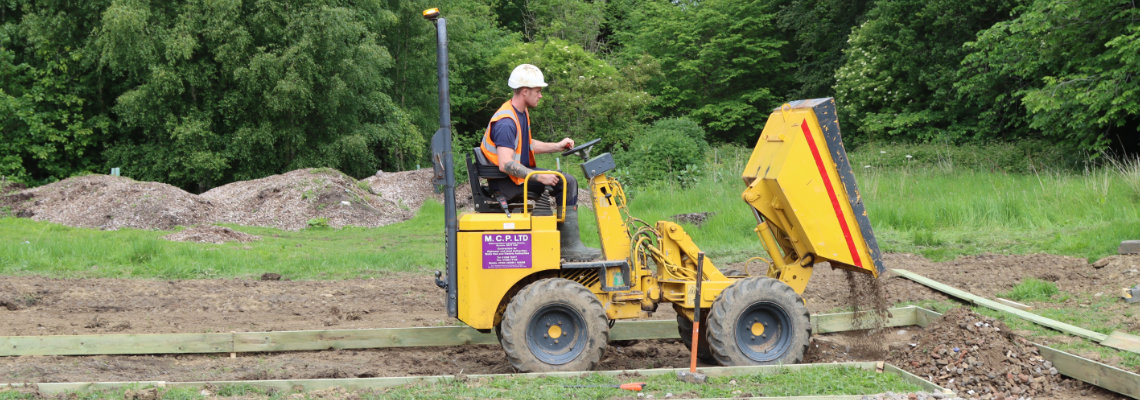Despite playing a vital role in water treatment, reed beds are often built and forgotten assets. Consequently, if any issue arises because a reed bed has been neglected – such as discharge consent failures or watercourse pollution incidents – proactive maintenance may not be possible, resulting in a complete refurbishment.
The reed bed refurbishment process can be expensive and lengthy, requiring several months of preparation beforehand and time to commission it afterwards once the work’s done.
To avoid refurbishment, reed beds should be routinely maintained over their lifespan – like any other water or wastewater asset. Otherwise, reed bed owners or managers face several unwieldy challenges that go hand in hand with a reed bed refurbishment.
Continue reading “The common challenges that arise from refurbishing reed beds”









